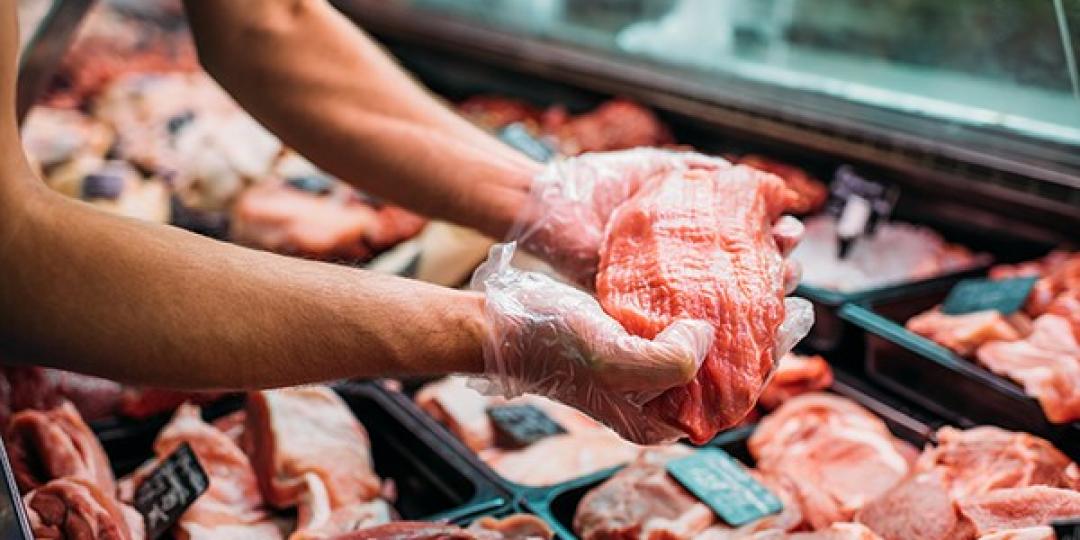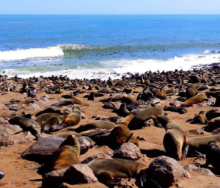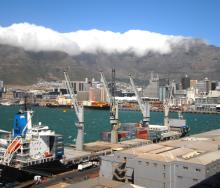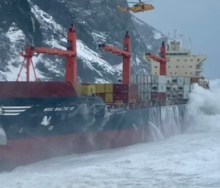The Association of Meat Importers and Exporters (Amie) has supported the government’s move to reject the EU’s planned unilateral imposition of tariffs on carbon-intensive imported products such as poultry.
During a briefing to members of Parliament’s trade and industry committee on the Department of Trade, Industry, and Competition’s annual performance plan for 2023/24, Minister Ebrahim Patel described the planned tariffs as “profoundly unhelpful”. He referred to the EU’s carbon border adjustment mechanism (CBAM) as an example of a ‘green trade barrier’.
Amie CEO Paul Matthew said Patel was “correct and right” to push for South Africa to raise its concerns with the World Trade Organization (WTO).
“The potential impact of the EU’s decision will have a profound, and possibly debilitating effect on many, if not most, of its trading partners. While the EU will have its own various reasons for imposing tariffs, the imposition of tariffs (in any sphere) raises the costs of doing business, of job creation, lower foreign investment, and dampens the incentives for substantive local competition and innovation,” Matthew said.
He added that tariffs were a growing trend of protectionism globally that stood to undercut growth and job creation in emerging market economies.
“Tariffs could well serve to increase the burden of higher inflation, and higher interest rates, which are pressing down on many citizens around the world. President Ramaphosa himself recently highlighted the acts of ‘EU protectionism’ against farming products from South Africa, with the most recent example that of citrus,” Matthew said.
“South Africa should rightly point out when others abuse international trade but should then also seek to not go down similarly lose-lose paths in its own trade policy and stance. An effectively ‘tit-for-tat’ approach to trade between the EU and South Africa will not serve investment and job creation in either location,” Matthew said.
Consumer price inflation hit 7.1% in March, the second consecutive monthly increase, while inflation for food and non-alcoholic beverages continued to accelerate with prices up 14% in the 12 months to March. This marked the largest annual increase since the 14.7% rise in March 2009. On the positive side, fuel inflation dropped to 8.1% in March, from 10.9% in February, but fuel prices continued a general upward trend, increasing 4.5% from February to March.
“Stickier-than-expected inflation is evidence of the higher cost of doing business – at some point, these various higher costs are passed on to consumers,” Matthew said.
“In South Africa many citizens, especially children, are undernourished. They have less access to food than they did before, and their money does not go as far as it used to. They should be allowed to purchase sustenance from as many sources, local and foreign, as possible,” he added.
Matthew said Patel’s decision to adopt a moratorium on higher tariffs on imported chicken last year was correct as it recognised the pressures impacting lower-income consumers. “The ongoing depreciation of the rand makes the case for an extension of this moratorium, and a general lowering of tariffs, all the more urgent. International food prices are falling, but the weakness of the rand (which will continue for as long as we have persistent load-shedding) will keep food prices high locally,” he said.
Matthew added that local food producers were contending with “various pain points, most especially load-shedding”.
He added that the Poultry Master Plan had failed to deliver substantive job creation and investment, while the ‘big five’ local poultry companies had enjoyed profits out of kilter with market pressures.
“The importing sector, but most importantly the consumer, have been placed in a substantially weaker position. The country’s people need as many sources of sustenance as possible, and right now the potential threat of food security problems could be alleviated by lowering tariffs/duties, and encouraging more investment, job creation and sustainability on the part of both exporters and importers,” Matthew said.













